Is Peanut Butter a Good Survival Food?
Is peanut butter a good survival food? Peanut butter is a sandwich spread that not only tastes good with jam and jelly, but it’s also a match made in heaven when paired with chocolate in candy bars and with crackers for a snack. Many people like to blend peanut butter in with their smoothies, spread it over their pancakes, or bake it into chewy delicious cookies. But besides using peanut butter for all the irresistibly wrong reasons, does peanut butter have any nutritional merit to it?
As a matter of fact, it does! And for those of you with children, it’s a sweet and salty snack that they can’t possibly live without, especially when faced with a survival situation. So if an emergency were to happen in your area, you’d better have already stocked up on several jars of it, just in case. Keep reading to find out if peanut butter is a good survival food and how to store it for long-term storage. I mean, you could always make your peanut butter!
Make sure you check out Peanut Butter: Why I Store It…
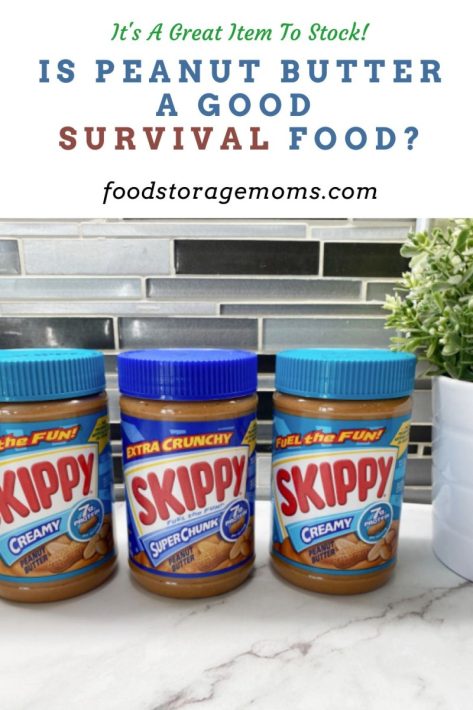
Is Peanut Butter a Good Survival Food?
When enjoyed in moderation, peanut butter is an excellent source of energy, which is exactly what your family will be needing during a survival situation. It’s a nutrient-dense food that contains a rich amount of protein, healthy fats, carbohydrates, and other important nutrients. Again, peanut butter is good for your diet as long as you aren’t consuming too much of it.
The USDA puts out guidelines regarding the nutritional makeup of the foods we eat. The following outlines the percentage of the Reference Daily Intake (RDI) for a two-tablespoon serving of peanut butter:
- Vitamin B6= 9%
- Vitamin B5= 11%
- Vitamin B3= 25% (niacin)
- Vitamin E= 18%
- Vitamin B1= 17% (thiamine)
- Copper= 43%
- Zinc= 10%
- Manganese= 28%
- Magnesium= 14%
- Iron= 22%
- Potassium= 18%
- Folate= 20%
As you can see, peanut butter provides a significant amount of nutrients for those two tablespoons. Keep in mind, there are about 190 calories, 16 grams of fat, and 136 mg of sodium, but only 8 grams of carbs. Thank goodness most of the fat content is in more healthy monounsaturated fat. No wonder it’s considered a great emergency food supply item to add to your emergency kit!
A word of caution, some people have an allergy to nuts in general, and peanuts in particular. If you have any hint of a reaction, be sure to call your doctor. I’d also suggest you check with your pediatrician before feeding peanuts and peanut butter to your children, particularly infants.
Does Peanut Butter Have a Long Shelf Life?
Peanut butter that’s tightly sealed and stored properly has a decent shelf-life, lasting in your pantry for about a year. An opened container of peanut butter that’s stored in your pantry should last you for about 3 months, but you’ll want to refrigerate it after that. Powdered peanut butter has the longest shelf life, lasting for up to 4 to 5 years, and up to 1 year when opened, so if you’re looking for longer shelf life items, the powder version is a good one. Foods That Have a Long Shelf Life
Choosing the Best Peanut Butter for Long-term Storage
When it comes to storing peanut butter long-term, it does make a big difference which types you go with. Products that are labeled “natural” peanut butter contain around 90% peanuts and have a much shorter shelf life. Regardless of how you store it, natural peanut butter is not meant to keep for very long. The following are things to look for when choosing a peanut butter that’s best for long-term storage.
- Look for peanut butter that contains hydrogenated oil because it will last much longer than peanut butter that has palm or maize oil in it.
- Choose a peanut butter that is higher in oleic content. Oxidation happens a lot more slowly for this type of peanut butter, which is exactly what you want when storing for a longer duration of time.
- Chunky peanut butter takes a lot longer to oxidize, making it a better option for storing long-term than creamy peanut butter.
- While low-fat peanut butter may oxidize more slowly than regular peanut butter, there’s been plenty of research that proves that bacteria thrive in low-fat peanut butter.
However, if your main focus is storing peanut butter long-term for your family’s survival purposes, I’d personally recommend that you stock up on bulk peanuts that can then be turned into peanut butter when using a hand-powered mill. They’re known to last for as much as 5 years when stored properly in Mylar bags along with oxygen absorbers.
Can Peanut Butter Be Stored at Room Temperature?
Yes, peanut butter can be stored at room temperature. After all, that’s the way that it’s kept in the grocery store. But believe it or not, room temperature isn’t necessarily the best environment for your container of peanut butter. The warmer the temperature, the quicker your peanut butter will oxidate and become rancid. A safe bet is to store it in the refrigerator once opened.
How to Store Peanut Butter for the Long-Term?
Storing peanut butter properly for later use is rather simple. It’s best to keep your jars of peanut butter in a cool and dark place, such as a root cellar or basement. Avoid any heat at all costs. These two factors will help you get the maximum shelf life out of it. You can even freeze peanut butter if you choose to, as this should last you indefinitely, but this process could slightly change the texture and taste.
Using glass jars instead of plastic containers is another thing for you to think about. That’s because tightly-sealed glass jars don’t allow oxygen in as easily. Even though you can’t see them, some plastic containers have tiny microscopic pores that allow oxygen and moisture to seep in, and bacteria to flourish.
Other Long-Term Storage Tips
- How to Store Cooking Oil Long-term
- Best Plastic Containers for Food Storage
- How to Store Salt Long-Term & 9 Rational Reasons You Should
How to Tell if Your Peanut Butter Has Gone Bad
Even when your peanut butter container has reached the expiration date mentioned on the label, that doesn’t necessarily mean that it’s gone bad. The sell-by date simply indicates how long the product will be kept fresh and the latest date that grocery stores can sell the product. For the most part, an expired container of peanut butter is still safe for you to consume, but these are some things to look for to make sure that your peanut butter hasn’t gone bad.
Color. Peanut butter that has gone bad will usually turn a much darker brown color. You can make a good choice on whether you should consume it or not, by looking at the color.
Texture. As we all know, peanut butter normally has a smooth and satisfyingly creamy texture to it. Peanut butter that’s gone rancid will have a drier and harder feel to it. But maybe you’re noticing that the oil base is starting to separate from the peanut butter. This is completely normal and not an indication that your peanut butter has spoiled. If the jar of peanut butter has been stored for a long time (too long) then the texture will be off.
Smell. When oxidation has taken place with your peanut butter, you may notice a foul odor that’s coming from it. So if your peanut butter smells like something other than peanuts, it’s best to throw it out. While it’s good to have peanut butter in your food supply, you should smell it to ensure it’s okay before consuming it.
Taste. If you aren’t noticing any unusual odor coming from your expired peanut butter, I’d still do a tiny taste test just to be sure. If you’re noticing that it has any strange or unpleasant taste to it, throw it out.
Other Reasons to Store Peanut Butter as a Survival Food
- Good fat content, to help you get plenty of nutrients.
- A little peanut butter can fill you up for a long time.
- It’s a great choice for a survival diet!
- There are many types of peanut butter you can store for emergency supplies as a go-to comfort food.
- You can also store peanut butter powder for potential natural disasters, so you have something to eat that has nutritional value!
Peanut Butter Recipes to Check Out:
Final Word
Peanut butter is a great survival food with multiple uses, and it’s important to store it correctly for a long period of time. Proper storage is essential if you want to make sure that your peanut butter remains fresh and safe to consume. By following the tips mentioned above, you can ensure that your peanut butter will last as long as possible. If you haven’t stored much peanut butter by now, even though it has a longer shelf life, all of the above are good reasons for storing traditional peanut butter. If you think peanut butter is a good survival food I’d love to hear your comments. May God Bless this world, Linda

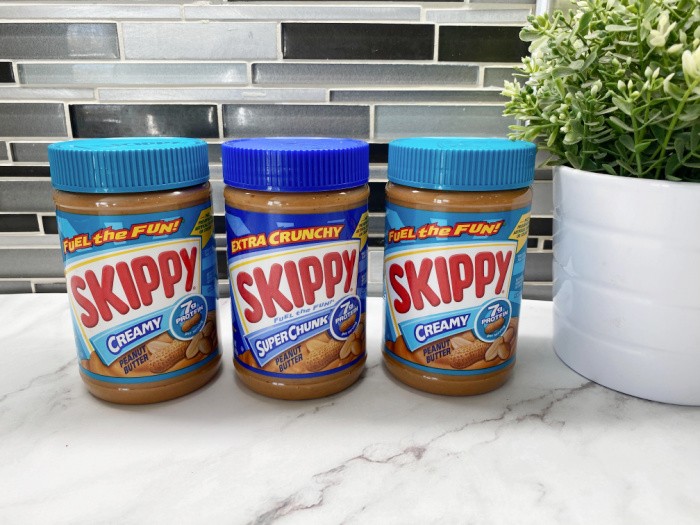

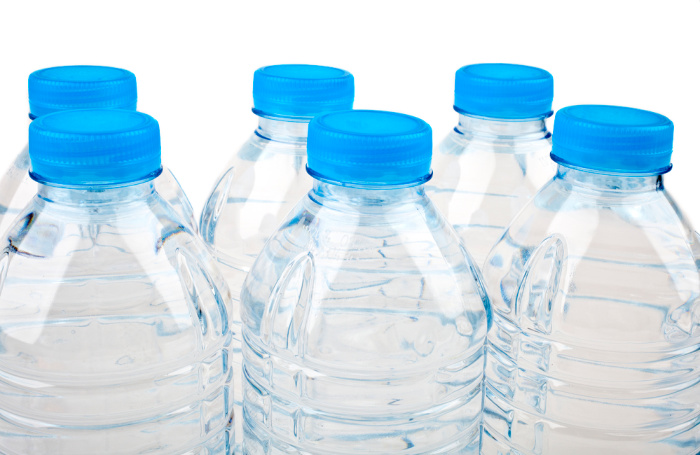
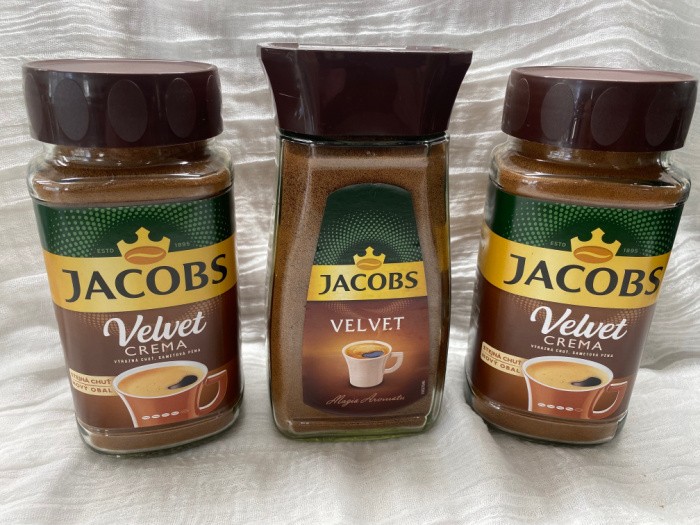
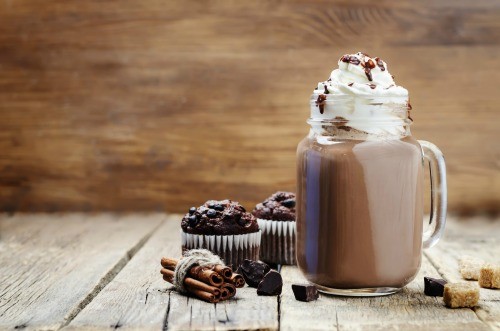

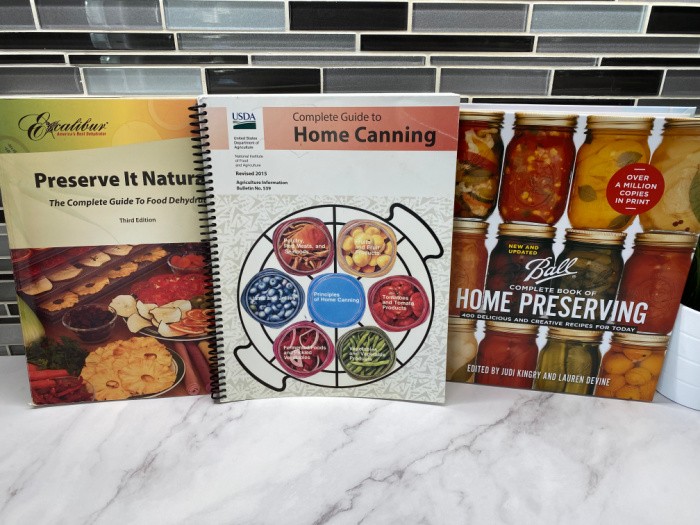
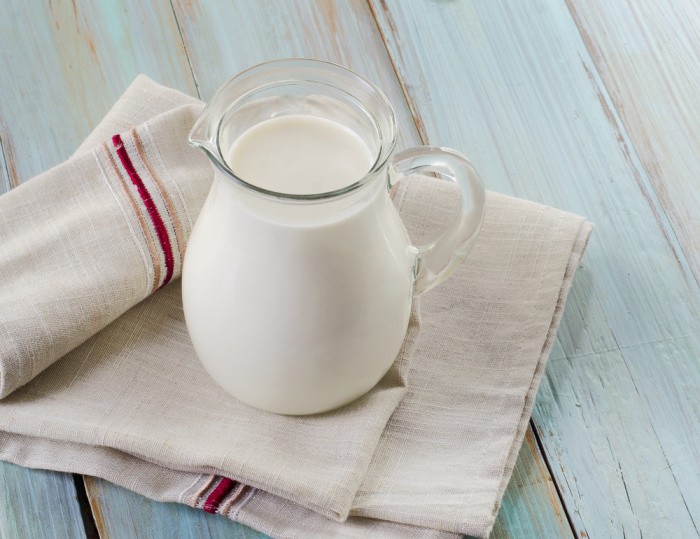

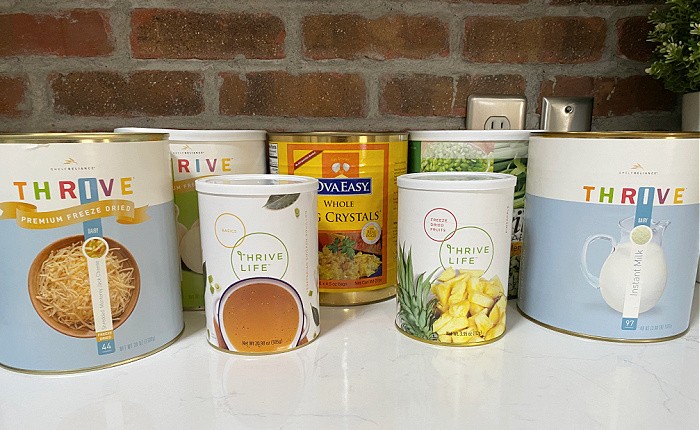
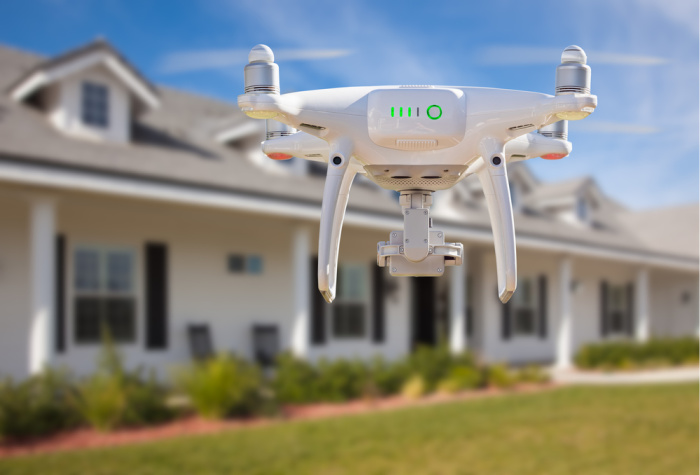

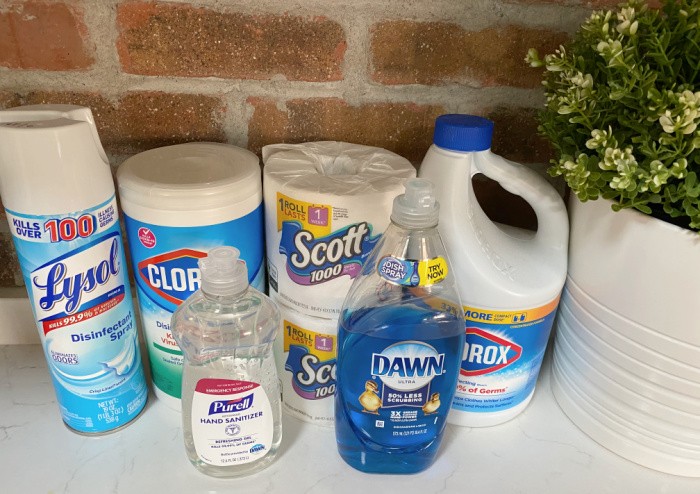
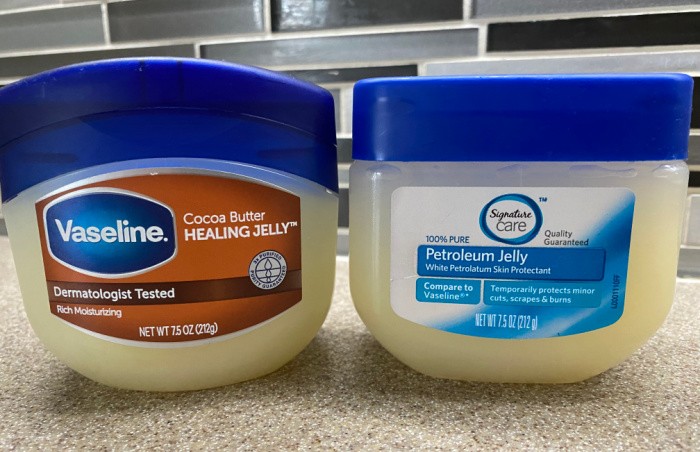


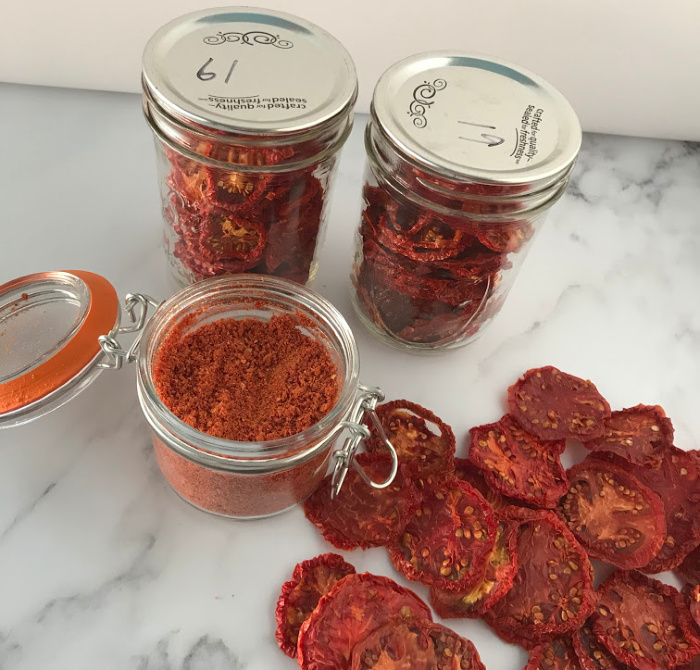
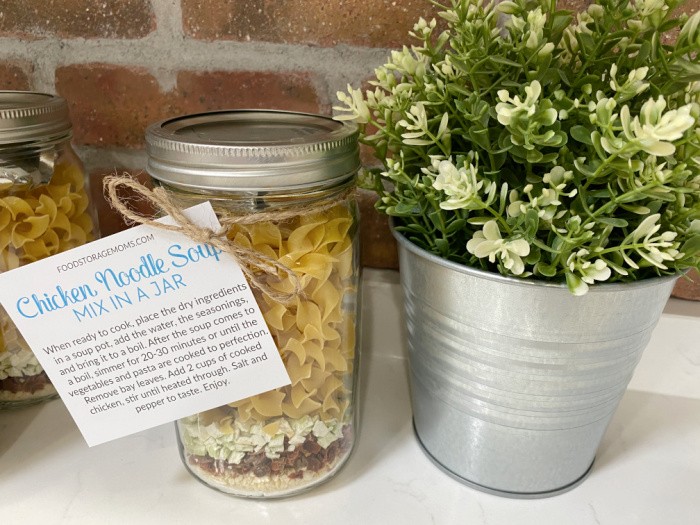
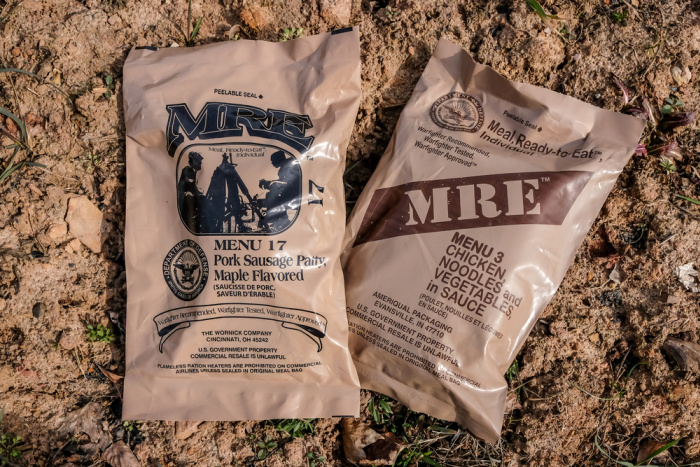


Linda,
Great article. We have about 10 jars of peanut butter in the freezer. I vacuum seal each jar to add an extra layer of protection. I have thawed a jar that was in the freezer for at least a year and could detect no change in taste or texture. Once thawed, it was just like it had been brought from the grocery store that day. I know I am strange, but I do not mix my peanut butter with anything sweet, like jelly or chocolate. I like it plain and unadulterated. LOL!!! But, that also means that there is no other flavor to hide any off-taste from storage. So, I feel like my taste test on the frozen jar is accurate.
HI Harry, oh I love hearing this. I am going to do this for sure! I like the idea of vacuum sealing the jars before putting them in the freezer. Love it! Linda
I should have clarified about vacuum sealing. What I do is put the jar in a Foodsaver freezer bag and vacuum seal the bag with the jar in it. That is what I meant by “extra layer of protection.” Amazingly, when I do that, it appears to remove some of the air from the jar even though I don’t open it.
Hi Harry, I was picturing you putting the jars in FoodSaver freezer bags and then vacuum sealing them. I am going to do that! As you said, it’s one more layer of protection. Linda
Harry that is a good thing to know, thank you. I too like the pure peanut butter…organic just peanuts and crunchy.
Huh I’ve never refrigerated PB after opening. We must go through ours quick enough
Hi Matt, we do too! If I buy freshly ground peanut or almond butter I place them in the refrigerator. But I still like the jars of peanut butter as pictured! Linda
We go through peanut butter pretty quick around here. I’ve never refrigerated it and never thought to do that.
Hi Paula, the peanut butter I buy does not say it needs to be refrigerated. But I have seen jars that say when opened, refrigerate. LOL! I don’t like to buy those jars. LOL! Linda
I put some in my overnight oats for more protein. Very good!
Hi Cheryl, oh my gosh, I never thought to do that! I love it! Linda
A while ago., Costco had a recall on peanut butter that was sold 6 months earlier. We had already eaten all 5 jars except we had 1/2 jar left. Instead of throwing it out I am keeping the bad jar clearly labeled as “mouse trap food” and in garage. When we suspect that the cats have brought in a mouse into the garage, we set up the mouse traps with the mouse’s Peanut butter. Just in idea to use up any old PB.
HI Lav, oh my gosh, that’s a great idea! Linda